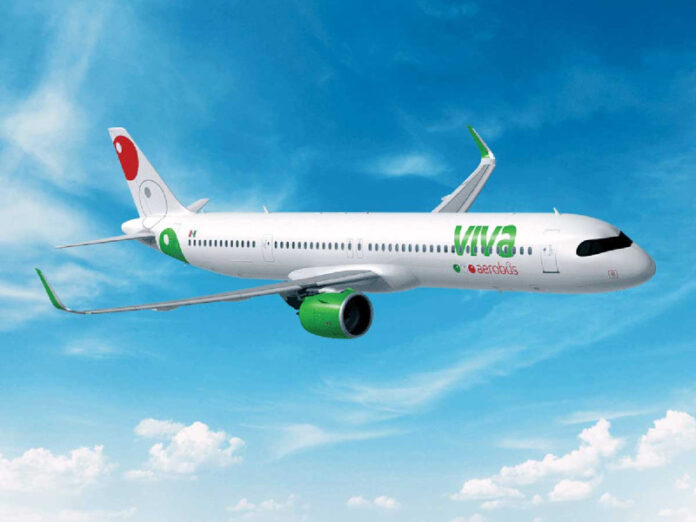Viva Aerobus announced on November 15 that it will resort to leasing to replace aircraft that will be affected by the revision of the Pratt & Whitney (PW) engines. The airline seeks to reduce the impact of unscheduled inspections ordered by the American manufacturer, so that its operations are not one hundred percent affected.
But the Viva Aerobus solution, which has the support of the Federal Civil Aviation Agency (AFAC), opens a new chapter in the conflicts between unions and airlines.
Viva Aerobus closed the rental of the first three aircraft that will replace the A320neo. These are three Airbus A320ceo owned by Avion Express, which have Maltese registration and crew.
The detail of the wet leasing modality contemplates that the personnel who will operate the aircraft on Mexican soil and the maintenance will be the complete responsibility of the Maltese airline. The three A320ceo will operate domestic flights linking the cities of Monterrey, Cancún, Tijuana and Puerto Vallarta.
According to an official statement issued by the College of Aviators of Mexico, Viva Aerobus’s decision to lease aircraft in wet leasing mode is illegal. In addition, it requests the AFAC and the Mexican government to take action on the matter to enforce current labor and Civil Aviation laws.
The statement emphasizes three regulations that the airline would be omitting: “It is worrying that both the airline Viva Aerobús and the Federal Civil Aviation Agency (AFAC) are ignoring the respective regulations: constitutional (article 32 of the Constitution), legislative (Civil Aviation Law and Federal Labor Law) and regulations (regulations to the laws mentioned), no matter how urgent the need of the Mexican operator may be.”
The Civil Aviation Law allows the leasing of aircraft with foreign registrations, but only in cases of extreme urgency. However, the regulations do not authorize airlines to hire crew members of foreign nationality.
“This is because the responsibilities entailed by the role of an aircraft commander in flight are equivalent to those of the public ministry, a quality that cannot be granted to any foreigner, since article 32 of the Constitution is very clear regarding the quality of “Mexican by birth that the pilots in command of aircraft that are operated by Mexican operators, as is the case, must hold.”
Furthermore, based on the Chicago Treaty, the College of Aviators suggests that in the event of any serious event, incident or accident, Viva Aerobus should be responsible and not the owner of the aircraft. Given this situation, a gap could be created, since the aircraft and their crews are of foreign origin.
For the Union Association of Aviator Pilots of Mexico, the solution proposed by Viva Aerobus is unconstitutional. The foundations of this title also lie in Article 32 of the Mexican Constitution, cited above.
Furthermore, it considers that allowing foreign crews to carry out domestic and international flights would generate “a negative precedent in the fight for respect for the labor rights of Mexican crews,” as expressed in an official press release.
After the press releases from the College of Aviators and ASPA were published in the mass media, Viva Aerobus responded to both institutions.
The airline confirmed that the proposed solution will allow protecting the flight plans of the airline’s customers, maintaining competitive rates, taking care of 100% of the company’s human capital and safeguarding the connectivity of the Viva Aerobus network.
The airline highlights that the measure was taken with the support of the AFAC based on the Civil Aviation Law, Article 34. In addition, Viva Aerobus explains that according to the Federal Labor Law, it only indicates Mexican nationality as a requirement for crew of aircraft with Mexican registration; Furthermore, it does not make the same restriction for aircraft with foreign registration.
Aircraft that arrive in wet leasing mode cannot be operated by Mexican crews, since they are under the owner’s Air Operator Certificate (AOC).
According to Viva Aerobus statement: “it is carrying out the necessary procedures and training so that they can be operated by its own personnel. It is important to note that, on all flights operated with these leased aircraft, members of the Mexican Viva Aerobus crew will also participate – flight attendants, in response to the needs of passengers and regulations.”
Source: Aviacion Online







